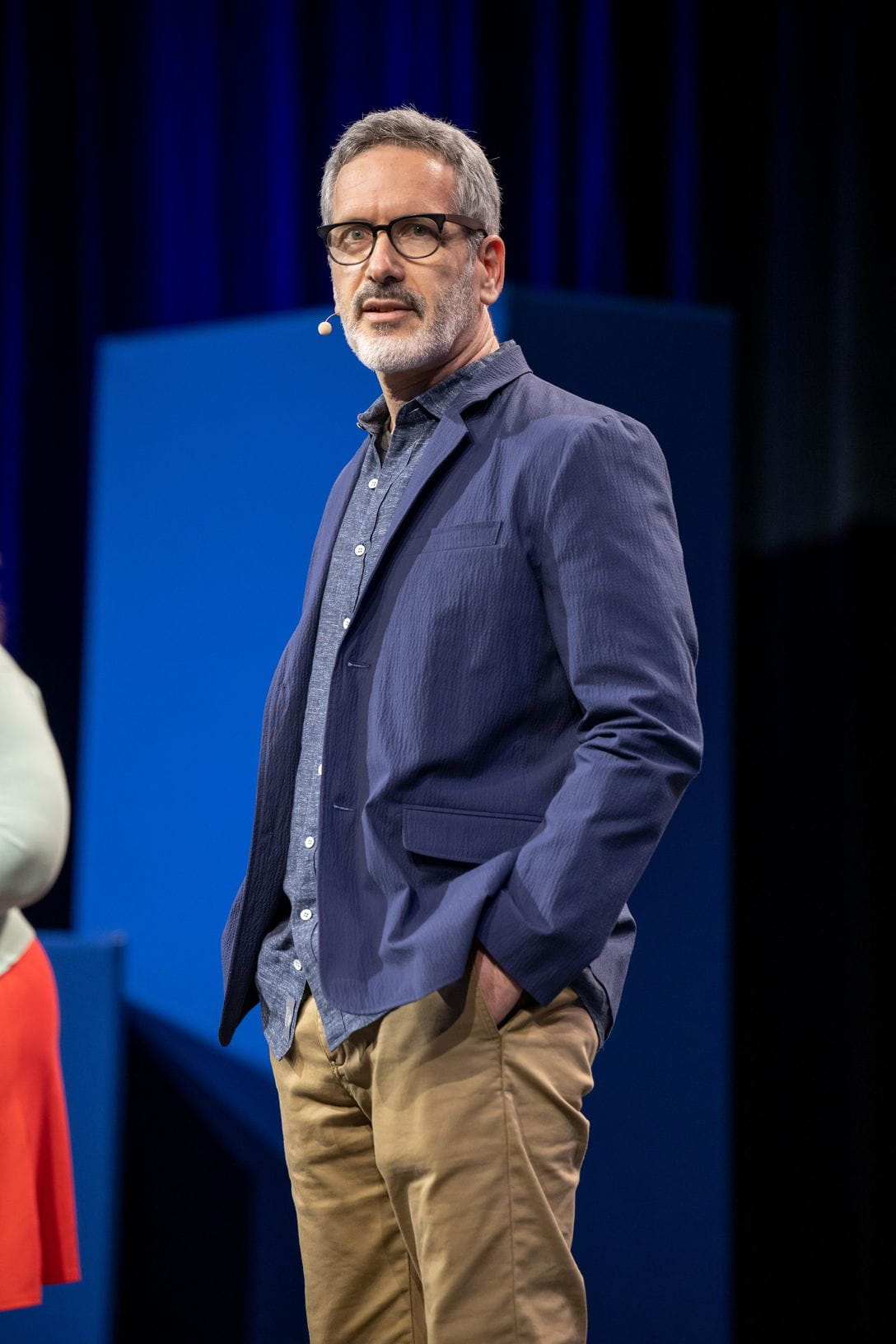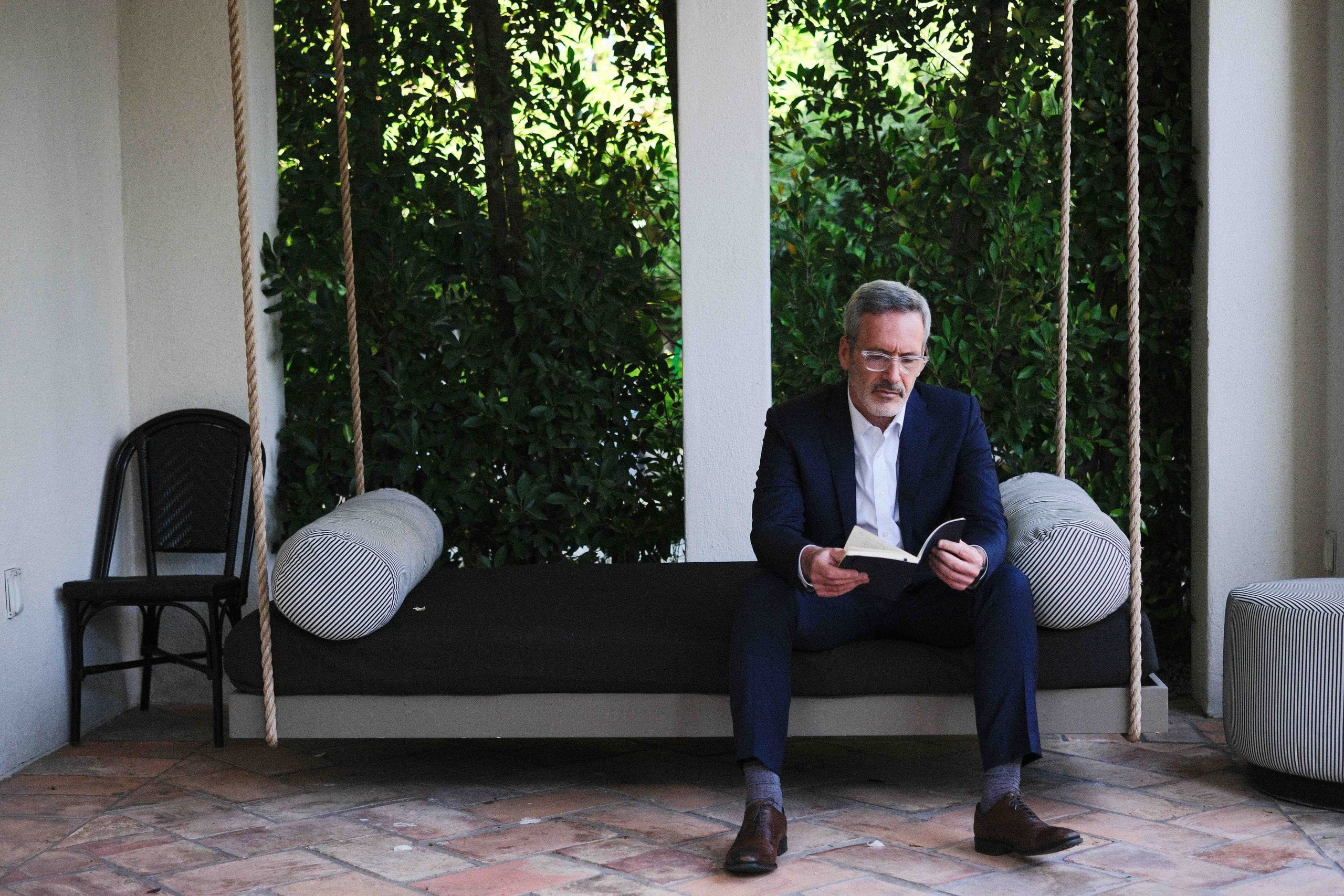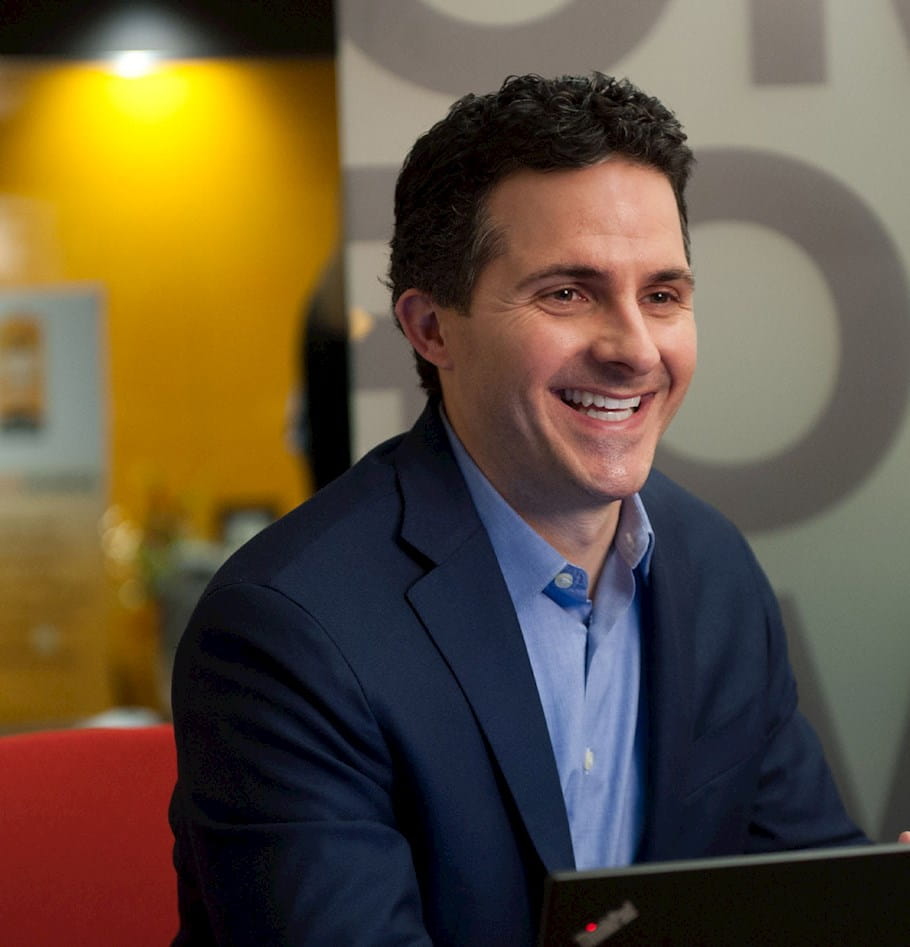From Construction to a Career in Consulting: A Q&A with West Monroe’s New President, Gil Mermelstein

Gil Mermelstein has been a leader with West Monroe for nearly 15 years and has spent almost three decades in consulting. But his path to success is a unique one. Growing up in Israel, moving to the United States for college, and auditing companies at the Big Four is just the start of his story. Now, he’s tapping into a 30-year global entrepreneurial career that spans his father’s infrastructure business, consulting across three firms, technology, banking, and M&A to help lead West Monroe as its new president. We talk to Gil about his wealth of experience, who inspires him, and what he sees for the future.
Q: What were the early days of your career like?
Gil: After growing up in Israel and completing my three-year mandatory military service in the Israeli Navy, at age 22 I moved to the United States for college. It felt like the perfect start, although I was much older and had different life experiences than my peers. In three years, I got my degree in accounting with an economics minor at the University of Maryland—I was eager to join the workforce and started in auditing at KPMG in Los Angeles. This time period was my first immersion into the American business scene, and it was incredibly formative. It allowed me to work with companies from a wide range of industries, from Fortune 500 to startups.
What made you decide to go into consulting?
At KPMG, I enjoyed spending time with executives to understand their business drivers and was exposed to interesting IPO work. Although I gained financial acumen, I knew I didn’t want to do auditing forever. Since I had always been curious about how businesses operate in a global setting, I decided to get an MBA from INSEAD Business School in France, known for its international focus, and I also got to spend time in Europe. Throughout business school, I was exposed to a variety of industries and career paths. Ultimately, consulting appealed to me because it offered variety. I didn’t want to commit to a single industry or company or problem—I was too curious and wanted to master how to solve challenges and help companies succeed. This desire to constantly learn, fix issues, and create competitive advantage is at the core of what it means to be a consultant.
Your desire to constantly learn must come from somewhere—or someone. Who has been influential in your career?
My father. He was a classic entrepreneur who started from nothing. He arrived in Israel after World War II from Eastern Europe, empty-handed and alone, and built his life from the ground up. He ventured into infrastructure construction and real estate development during a time of significant growth in Israel. In a way, he was an early version of conscious capitalism, establishing a company that was equally focused on the market and employees.
I spent my summers working for his company, an infrastructure construction business, doing everything from acting as a laborer to foreman on major infrastructure projects. This experience exposed me to working with people from diverse backgrounds. My father instilled in me the values of hard work, creating a great company culture, attracting and retaining the best people, the benefits of being scrappy, and the importance of treating everyone with respect. These, along with how to compete and invest in the company in an uncertain environment, were the topics of dinner conversations growing up. Watching him build his company from scratch and scale it up was inspiring, and I learned a lot from him.
What brought you to West Monroe?
After spending 14 years at A.T. Kearney, MBNA (now Bank of America), and Bearing Point, both in the United States and in London, I joined West Monroe in September 2010 as employee number one in New York City. At the time, West Monroe was centered around the Midwest, and my job was to build the East Coast presence for the firm. Although my title was Managing Director, it was essentially just me with a business card and a mission to make things happen. It was a true entrepreneurial challenge, which was exactly the adventure I was looking for.
As the business grew, I took on global alliances that helped West Monroe scale and became crucial for establishing our ability to work with global clients. Meanwhile, I continued building our East Coast presence which started as a small, windowless office—a humble start that fueled our drive to succeed and contributed to growing the overall firm 15-fold since. It had a real startup feeling, which has continued throughout my entire time at West Monroe and is one of the things that makes me excited to work here every day.
What other roles have you had?
After the New York office began to flourish, I also took on the role leading our firmwide Financial Services industry segment. I had a three-year stint with MBNA bank in the early 2000s in a strategy and transformation role, leading up to working on and designing Bank of America’s MBNA acquisition, a $35 billion transaction. For certain projects it was my job to vet and hire consultants, which gave me great perspective and experience for this job. Most recently, I served as Chief Operating Officer overseeing all consulting lines, laying the groundwork for my role now as president. Shortly after joining West Monroe, I also became a board member to take part in the firm's governance and strategic direction.
While in the banking industry you hired consultants; what got your signature? And what makes a good consultant in your opinion?
I’ll tell you, very simply: When I listened to pitches from various firms, I often found that four out of five had a similar, generic approach that could be quite mundane to listen to. The pitches that stood out and inevitably won were those where the team could effectively tell a story, inspire with a vision for the project, and demonstrate a deep understanding of the dynamics in the space. Rather than focusing on their approach, which became repetitive, the winning teams captured our imagination with the art of the possible, providing real vision for significant, sustainable impact which included the human element to achieve the strategy.
Zooming out, if I think about how to enable high-performing consulting teams, I would offer that effective consultants listen to each other and their clients, rather than just trying to prove why their own ideas are right. Challenging one's own thinking, where we try to understand why others may be right. This way of thinking requires confidence and a high level of collaboration. This makes consulting more of a team sport than an individual—or intellectual—competition. That’s why I believe West Monroe is positioned so well in the market—our creativity is grounded in our collaborative, humble, practical results focus.
How will you tap your nearly 30 years of experience to be an effective president? To help West Monroe’s clients succeed?
I’m not looking to be the smartest person in the room. I’m listening to others to find the best ideas inside and outside the firm. And I think our people find that very empowering.
To succeed in today's competitive marketplace, the companies that will come out on top will master both the people side and the technology side of their business. And speed is crucial—organizations must adapt quickly and efficiently. That is where technology and data come into play and where West Monroe excels.
What is something that most people don’t know about you?
Believe it or not, I used to be a competitive athlete. It's a sport many people might not have heard of—European handball. It is more like water polo on a court, popular in Europe, although not at the level of soccer or basketball. I grew up playing the sport, was often team captain, and ultimately played in the Premier League, the professional league, from age 16 to 19. It’s a team sport, which required a lot of collaboration and teamwork. I'm certain these experiences have contributed to my approach to business and leadership ever since.
What excites you about the future?
What excites me the most is the accelerating rate of change in the business world, driven by technology advancements like AI. Ultimately, the opportunity to be part of the progress that is led by the business community is exciting. It is easy to get caught up in the challenges of the moment, whether it's the economic cycle or geopolitics, but even in my 30 years of experience the world has seen significant improvements by any objective measure. As consultants, we are at the center of problem solving and the opportunities are countless.
While the economy may have its ups and downs, the next five years will bring significant shifts. This presents a fantastic opportunity for us to innovate and grow – and I’m passionate about growth. I'm thrilled by the prospect of how different our clients and West Monroe will look in just a few years. This continuous evolution keeps me energized and optimistic about the future.


